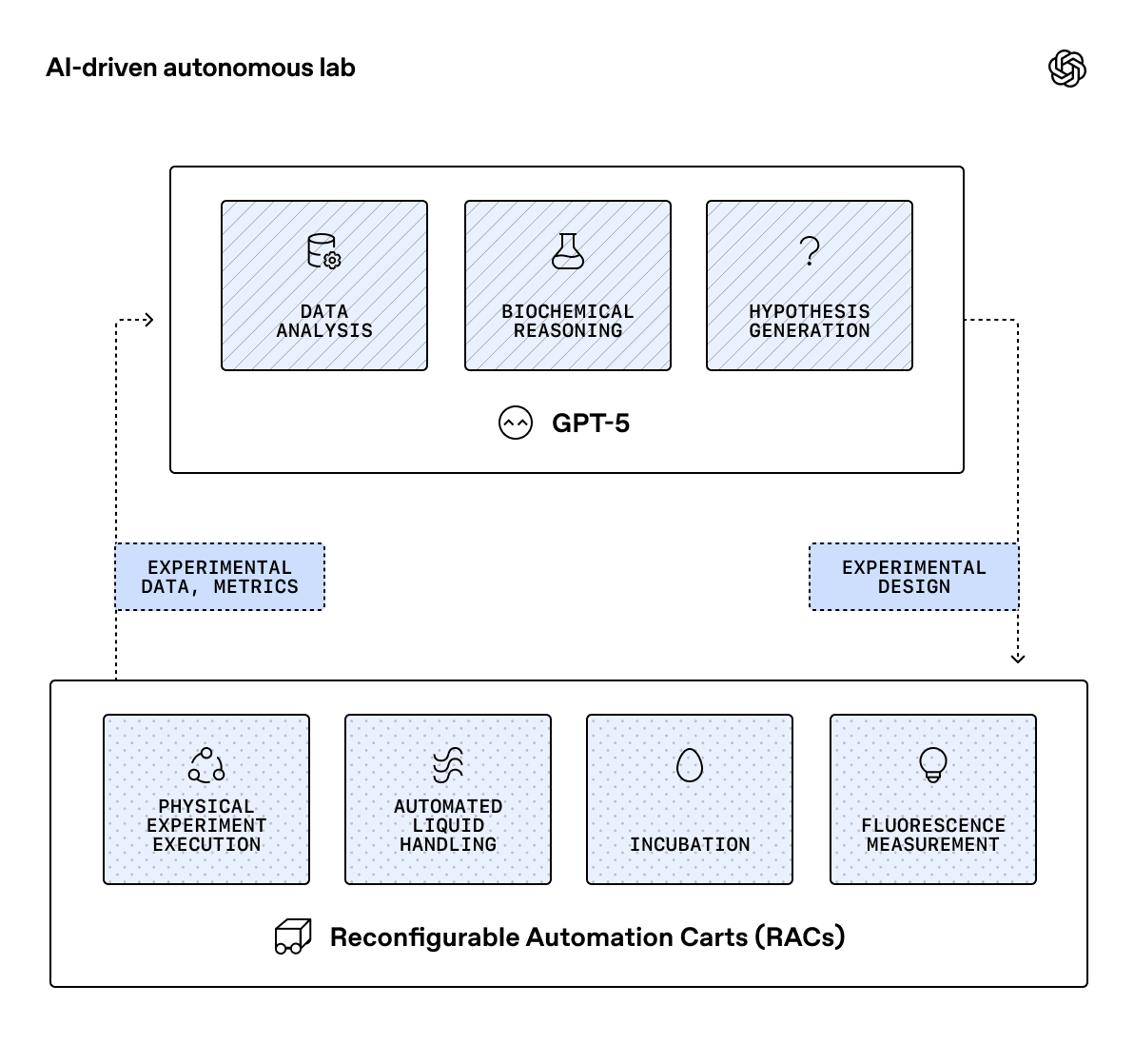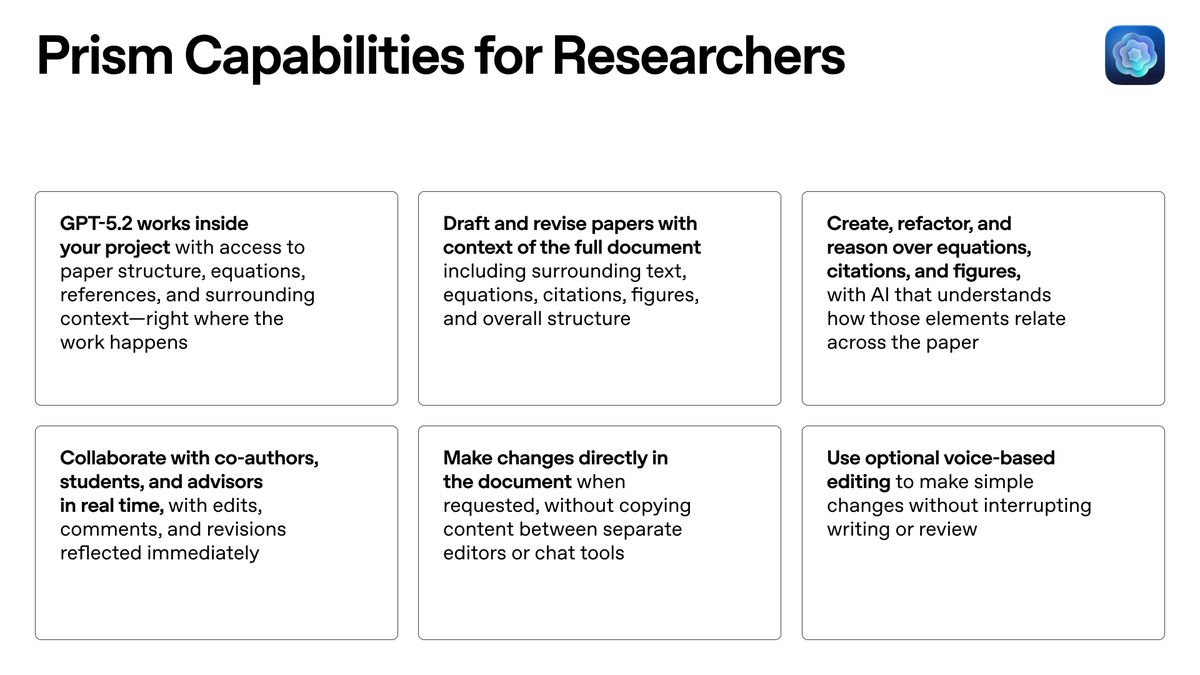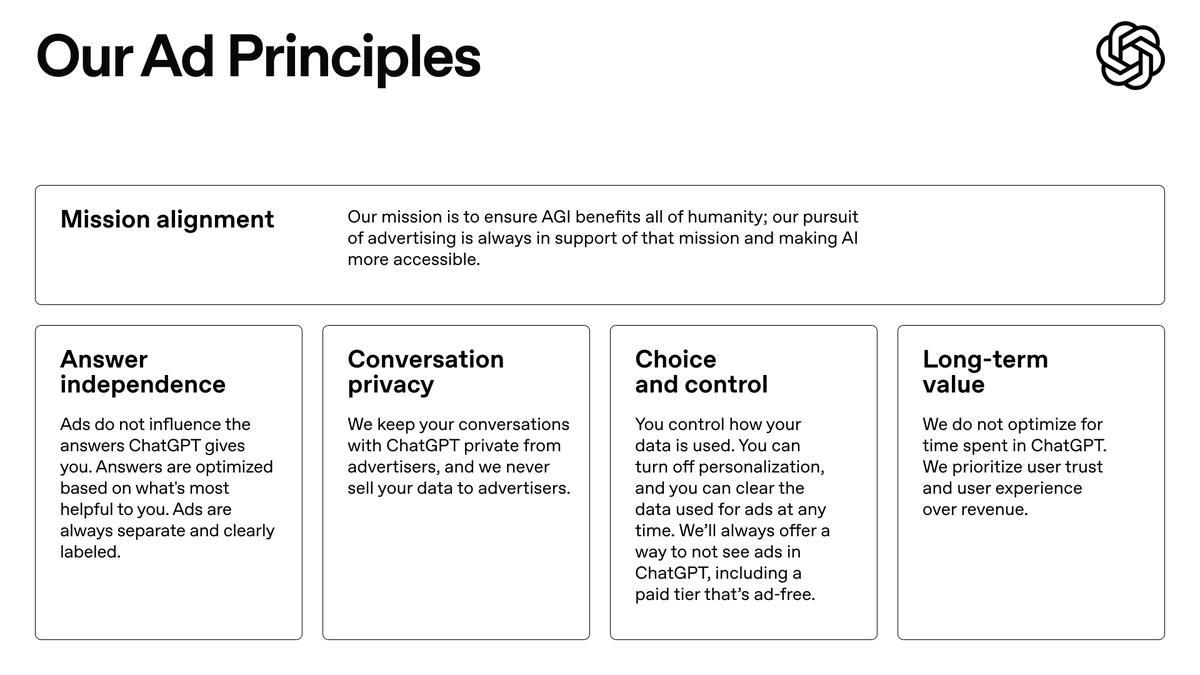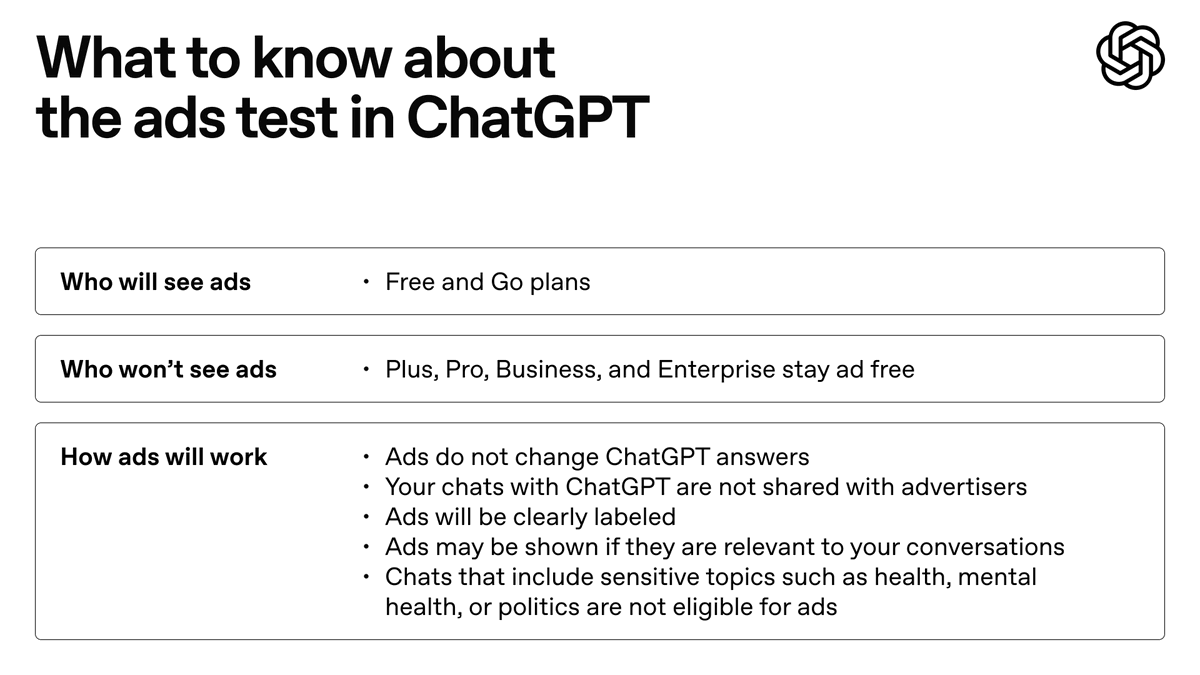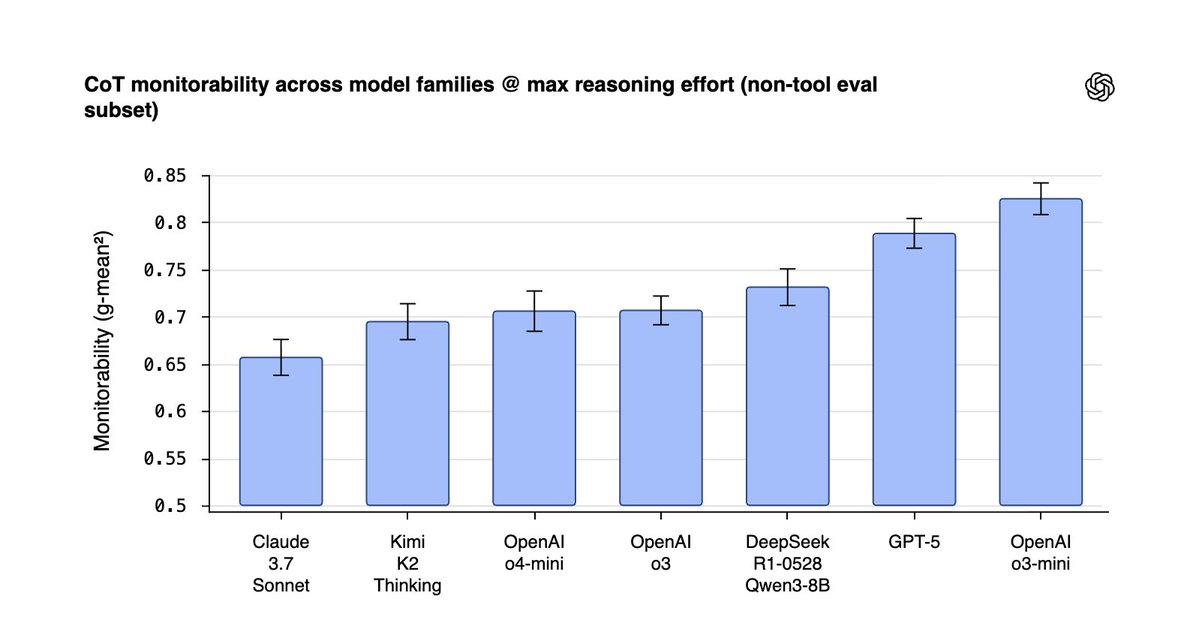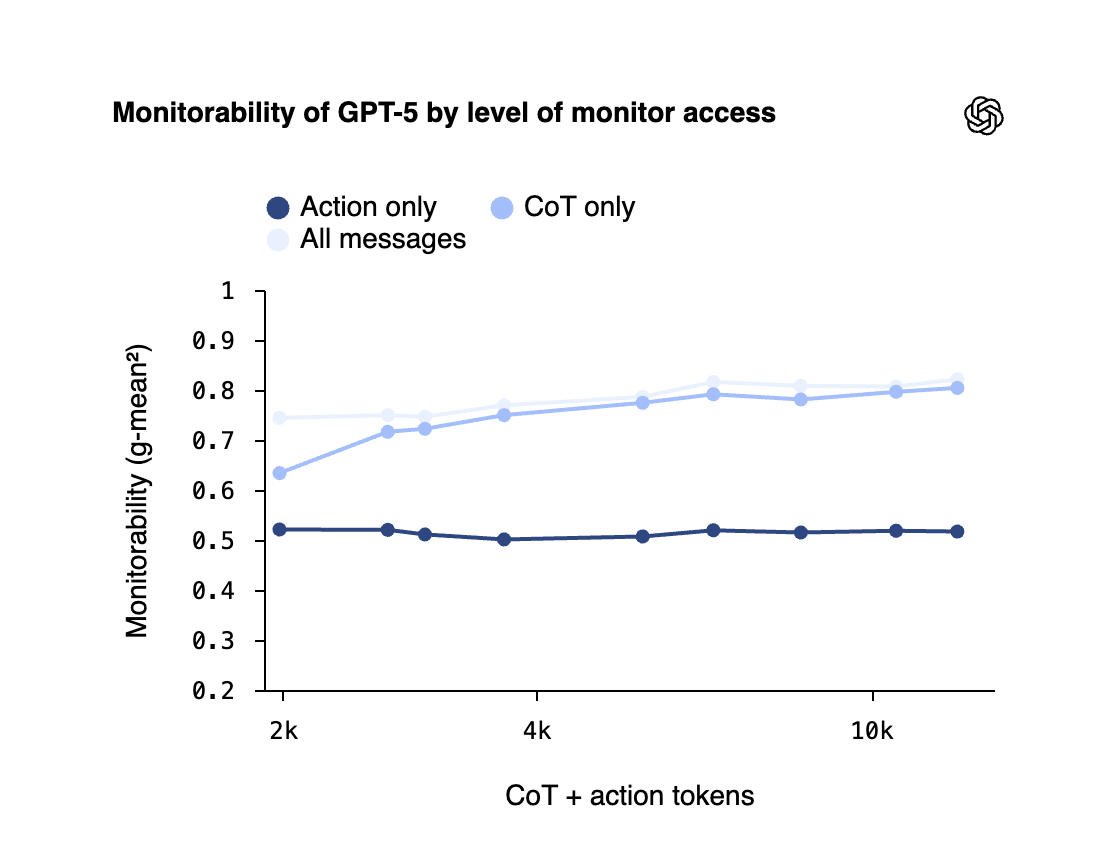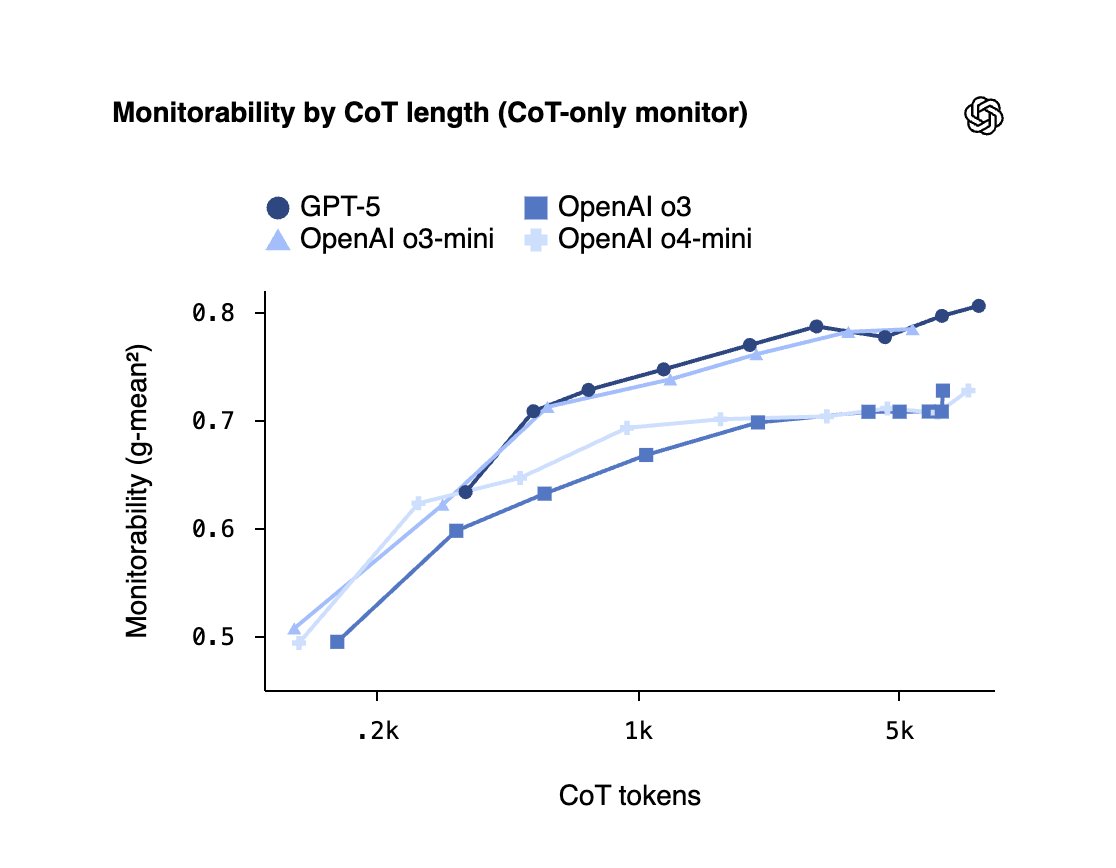We're sharing an update on the advanced Voice Mode we demoed during our Spring Update, which we remain very excited about:
We had planned to start rolling this out in alpha to a small group of ChatGPT Plus users in late June, but need one more month to reach our bar to launch. For example, we’re improving the model’s ability to detect and refuse certain content. We’re also working on improving the user experience and preparing our infrastructure to scale to millions while maintaining real-time responses.
As part of our iterative deployment strategy, we'll start the alpha with a small group of users to gather feedback and expand based on what we learn. We are planning for all Plus users to have access in the fall. Exact timelines depend on meeting our high safety and reliability bar. We are also working on rolling out the new video and screen sharing capabilities we demoed separately, and will keep you posted on that timeline.
ChatGPT’s advanced Voice Mode can understand and respond with emotions and non-verbal cues, moving us closer to real-time, natural conversations with AI. Our mission is to bring these new experiences to you thoughtfully.
We had planned to start rolling this out in alpha to a small group of ChatGPT Plus users in late June, but need one more month to reach our bar to launch. For example, we’re improving the model’s ability to detect and refuse certain content. We’re also working on improving the user experience and preparing our infrastructure to scale to millions while maintaining real-time responses.
As part of our iterative deployment strategy, we'll start the alpha with a small group of users to gather feedback and expand based on what we learn. We are planning for all Plus users to have access in the fall. Exact timelines depend on meeting our high safety and reliability bar. We are also working on rolling out the new video and screen sharing capabilities we demoed separately, and will keep you posted on that timeline.
ChatGPT’s advanced Voice Mode can understand and respond with emotions and non-verbal cues, moving us closer to real-time, natural conversations with AI. Our mission is to bring these new experiences to you thoughtfully.
• • •
Missing some Tweet in this thread? You can try to
force a refresh


